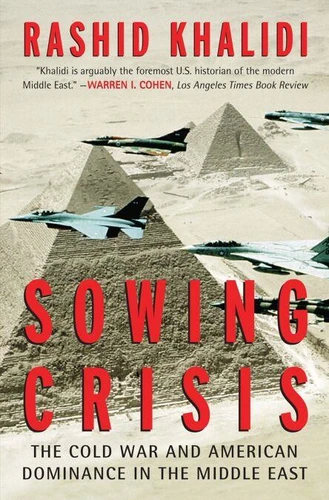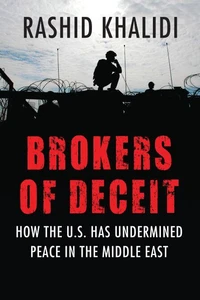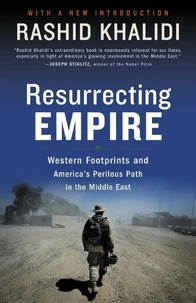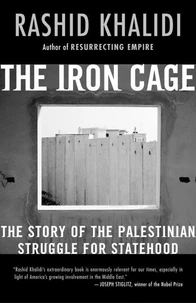Sowing Crisis. The Cold War and American Dominance in the Middle East
Par :Formats :
Disponible dans votre compte client Decitre ou Furet du Nord dès validation de votre commande. Le format ePub protégé est :
- Compatible avec une lecture sur My Vivlio (smartphone, tablette, ordinateur)
- Compatible avec une lecture sur liseuses Vivlio
- Pour les liseuses autres que Vivlio, vous devez utiliser le logiciel Adobe Digital Edition. Non compatible avec la lecture sur les liseuses Kindle, Remarkable et Sony
- Non compatible avec un achat hors France métropolitaine
 , qui est-ce ?
, qui est-ce ?Notre partenaire de plateforme de lecture numérique où vous retrouverez l'ensemble de vos ebooks gratuitement
Pour en savoir plus sur nos ebooks, consultez notre aide en ligne ici
- Nombre de pages320
- FormatePub
- ISBN978-0-8070-9645-1
- EAN9780807096451
- Date de parution01/02/2009
- Protection num.Adobe DRM
- Taille2 Mo
- Infos supplémentairesepub
- ÉditeurBeacon Press
Résumé
Acclaimed historian and political commentator Rashid Khalidi presents the compelling case that U. S. and Soviet intervention in the Middle East not only exacerbated civil wars and provoked the breakdown of fragile democracies, but continues to this day to shape global conflict in the region. Examining the strategic interplay of cold war superpowers, Khalidi explains how the momentous events that have occurred over the last two decades-including two Gulf wars, the occupation of Iraq, and the rise of terrorism-can only be understood in light of this chilling legacy.
Acclaimed historian and political commentator Rashid Khalidi presents the compelling case that U. S. and Soviet intervention in the Middle East not only exacerbated civil wars and provoked the breakdown of fragile democracies, but continues to this day to shape global conflict in the region. Examining the strategic interplay of cold war superpowers, Khalidi explains how the momentous events that have occurred over the last two decades-including two Gulf wars, the occupation of Iraq, and the rise of terrorism-can only be understood in light of this chilling legacy.









